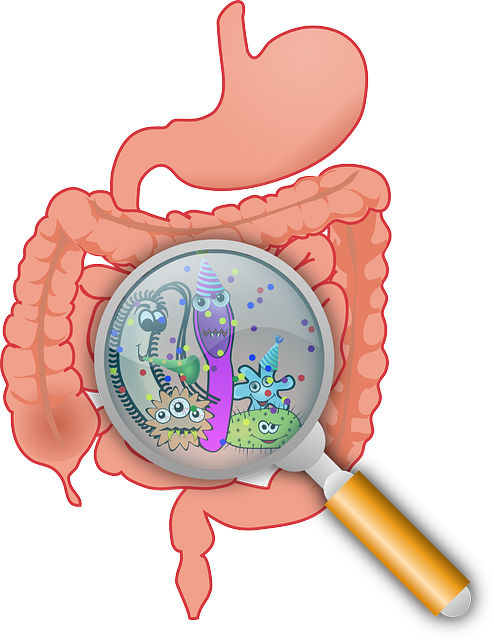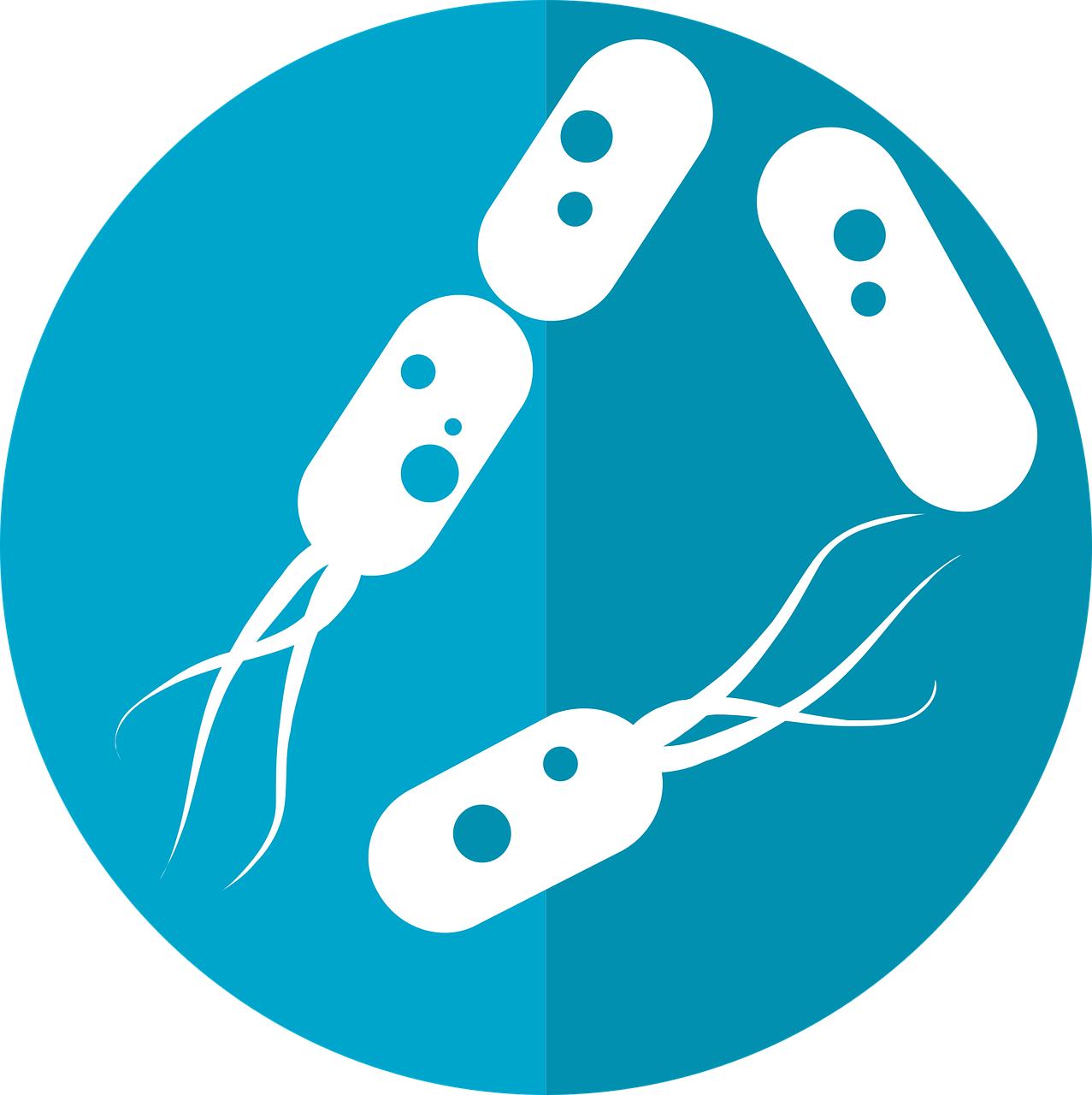The Gut Microbiome: Your Body's Secret Weapon for Optimal Health and Immunity
Introduction:
Deep within our digestive tract lies a bustling community of microorganisms known as the gut microbiome. Once underestimated, scientists now recognize its pivotal role in maintaining overall health and fortifying our immune defenses. In this article, we'll explore the intricate world of the gut microbiome, highlighting its profound impact on our well-being and its significance as a hidden gem for optimal health and immunity.
1. The Gut Microbiome Unpacked:
- The gut microbiome comprises a diverse array of bacteria, viruses, fungi, and other microbes that call our gastrointestinal tract home.
- This bustling ecosystem orchestrates a myriad of functions, including digestion, nutrient absorption, and metabolic regulation.
2. Gut Health: A Key to Immunity:
- A substantial portion of our immune system resides within the gut, where it interacts closely with the microbiome to fend off pathogens and maintain balance.
- Disruptions in the gut microbiome, known as dysbiosis, have been linked to an array of immune-related disorders, including autoimmune conditions and allergies.
3. Digestive Harmony:
- A harmonious gut microbiome is vital for efficient digestion and nutrient assimilation. Beneficial microbes aid in breaking down food, synthesizing essential vitamins, and preserving gut integrity.
- Imbalances in the gut microbiome can manifest as digestive disturbances such as bloating, gas, diarrhea, and constipation.
4. The Gut-Brain Axis:
- The gut microbiome communicates bidirectionally with the brain through the intricate gut-brain axis, comprising neural, hormonal, and immune pathways.
- Emerging evidence suggests that the gut microbiome exerts profound influences on brain function, mood regulation, and mental health, implicating its role in conditions like depression and anxiety.

5. Influential Factors:
- Diet stands as a primary influencer of gut microbiome composition and diversity. A diet rich in fiber, fruits, vegetables, and fermented foods fosters a thriving gut microbiome.
- Lifestyle factors including stress, sleep quality, physical activity, and medication usage also impact the gut microbiome and its functionality.
6. Nurturing Gut Health:
- Embrace a diverse and wholesome diet replete with fiber-rich foods, prebiotics, and probiotics to nourish beneficial gut bacteria and promote microbial diversity.
- Minimize intake of processed foods, sugars, and artificial additives, as they can disrupt gut microbial balance and undermine health.
- Implement stress management techniques, engage in regular exercise, and prioritize quality sleep to foster a harmonious gut-brain axis.
- Exercise caution with antibiotic and medication use, as they can perturb the delicate balance of the gut microbiome.
7. Harnessing Probiotics and Prebiotics:
- Probiotics, found in fermented foods like yogurt, kefir, and kimchi, offer live beneficial bacteria that bolster gut health. Incorporating probiotic-rich foods or supplements aids in maintaining a resilient gut microbiome.
- Prebiotics, present in foods such as garlic, onions, bananas, and asparagus, serve as fuel for beneficial gut bacteria, promoting their growth and vitality.
8. The Future of Gut Microbiome Research:
- Ongoing investigations into the gut microbiome continue to unravel its multifaceted role in health and disease.
- Advancements in microbiome science hold promise for personalized interventions targeting the gut microbiome, paving the way for innovative therapies to mitigate a spectrum of health conditions.
Conclusion:
The gut microbiome emerges as a linchpin of well-being, exerting profound influences on immune function, digestion, and mental health. By nurturing a flourishing gut microbiome through dietary and lifestyle interventions, we unlock its potential as a potent ally for robust health and resilient immunity. As our understanding of the gut microbiome deepens, so too does the potential for transformative interventions to optimize health and well-being for all.

FAQs: Exploring the Gut Microbiome: Your Key to Health and Immunity
1. What is the gut microbiome?
The gut microbiome is a community of tiny organisms living in our digestive system, like bacteria and fungi. It helps with digestion, absorbing nutrients, and keeping our immune system strong.
2. How does the gut microbiome affect our immune system?
It works closely with our immune system to keep us healthy. A balanced gut microbiome helps our immune system fight off germs and stay in good shape.
3. What are signs of an unbalanced gut microbiome?
Feeling bloated, having tummy troubles like gas or diarrhea, or getting sick often could mean your gut microbiome isn't in balance.
4. How can I keep my gut microbiome healthy?
Eating lots of different fruits, veggies, whole grains, and fermented foods like yogurt can help. Also, managing stress, staying active, and avoiding unnecessary antibiotics are good for gut health.
5. Does the gut microbiome affect mental health too?
Yes, it's connected to our brain through something called the gut-brain axis. An unhealthy gut microbiome might make us feel sad or anxious sometimes.

6. Are probiotics and prebiotics good for my gut?
Yes! Probiotics are helpful bacteria found in foods like yogurt, and prebiotics are like food for those bacteria found in foods like bananas and onions. Both can keep our gut healthy.
7. Can things like food and stress change my gut microbiome?
Absolutely! What we eat, how stressed we are, how well we sleep, and even the medicines we take can affect our gut microbiome.
8. Is it possible to fix a messed-up gut microbiome?
Yes, usually! Eating better, reducing stress, and adding probiotics and prebiotics to our diet can help get things back in balance over time.
9. Are there any risks with trying to fix my gut microbiome?
It's usually safe, but it's a good idea to talk to a doctor first, especially if you have health problems or are thinking about taking probiotics.
10. What's next for gut microbiome research?
Scientists are still learning a lot about the gut microbiome. They hope to find new ways to keep us healthy by understanding how it works better.
Powered by Froala Editor





Leave a Reply